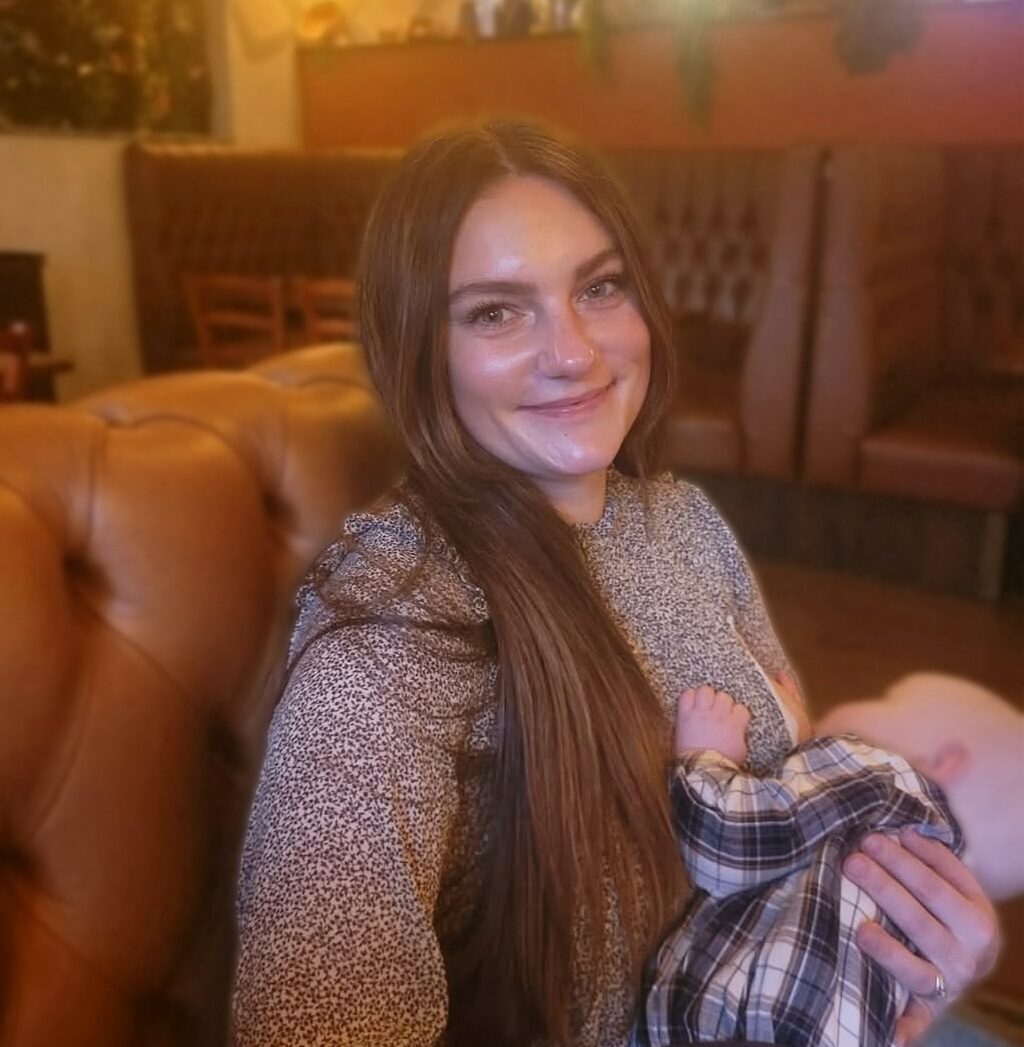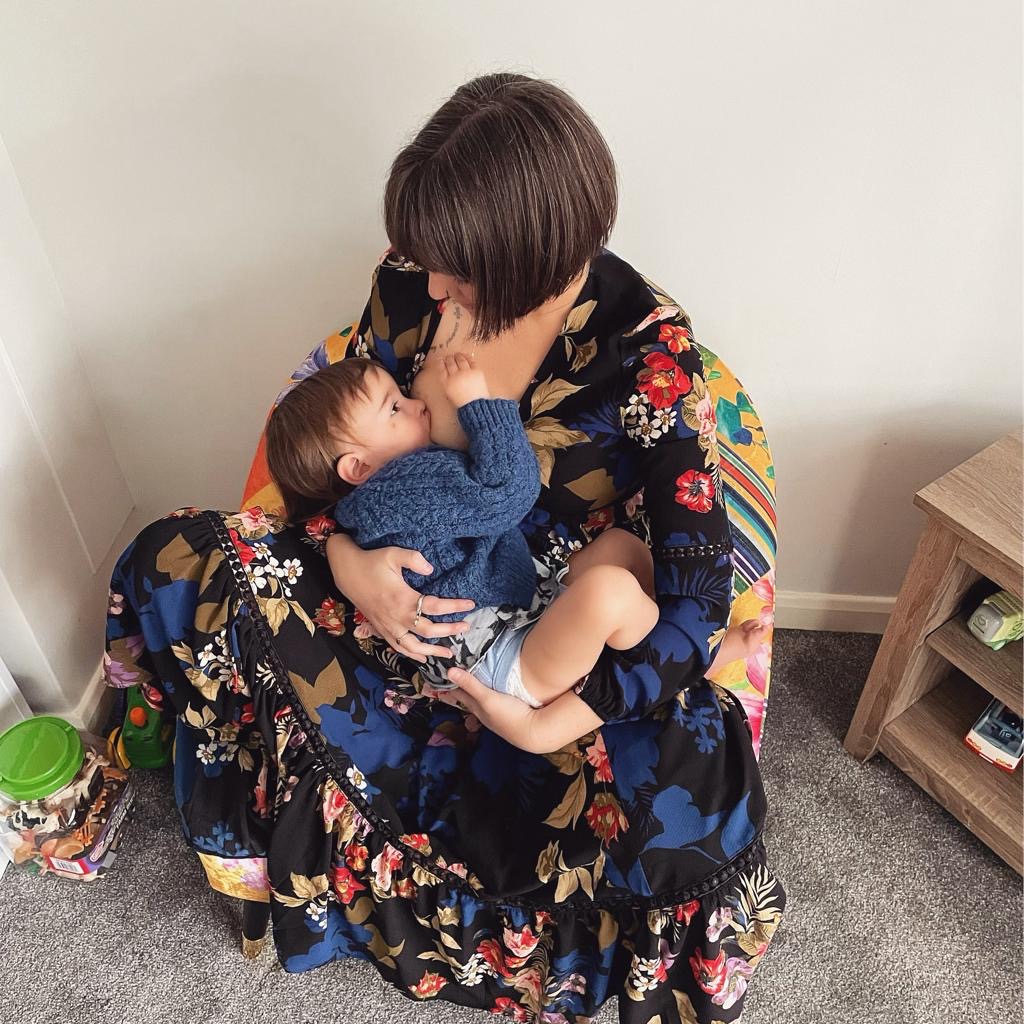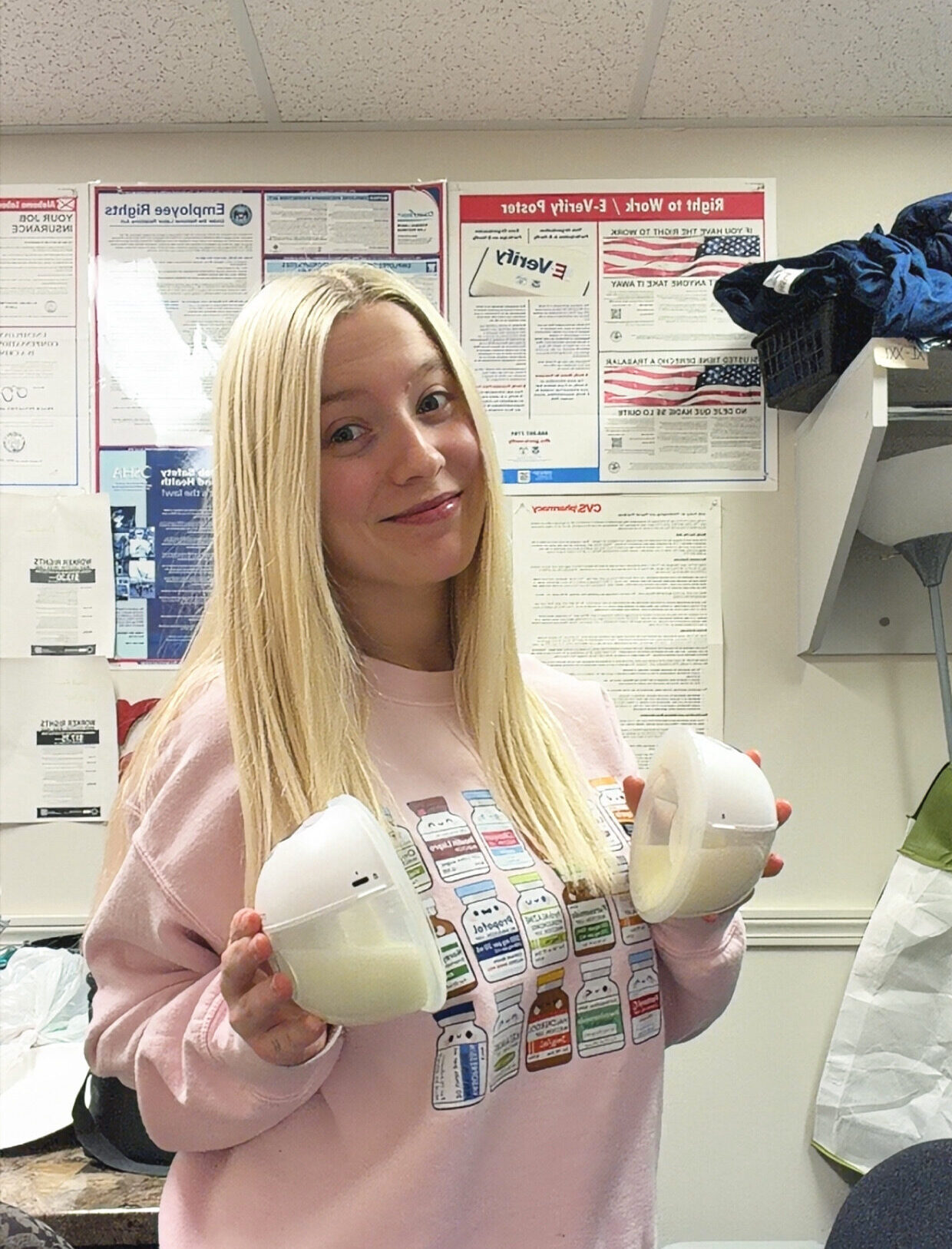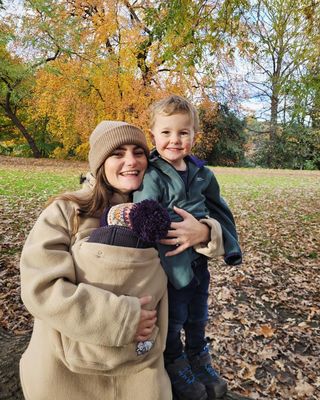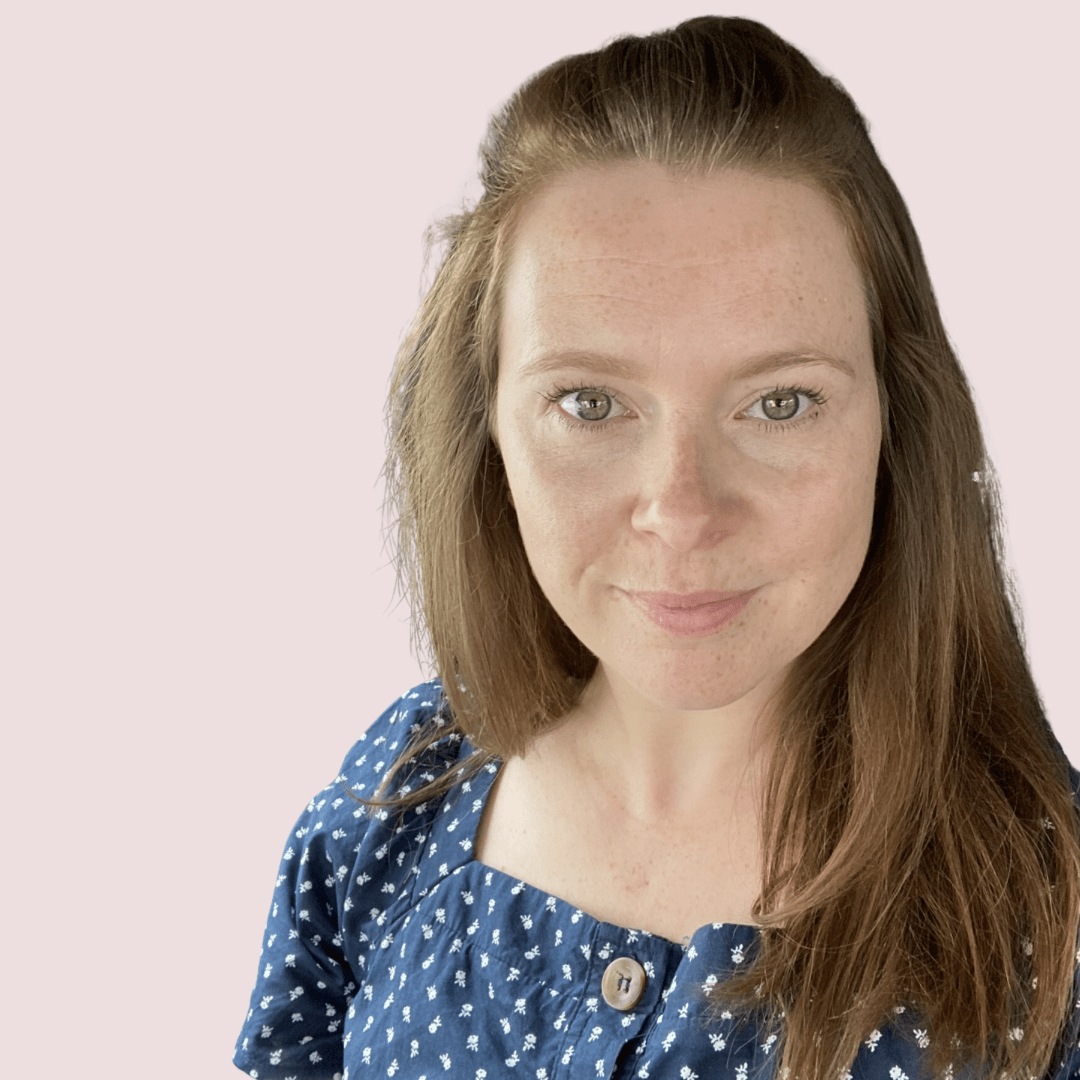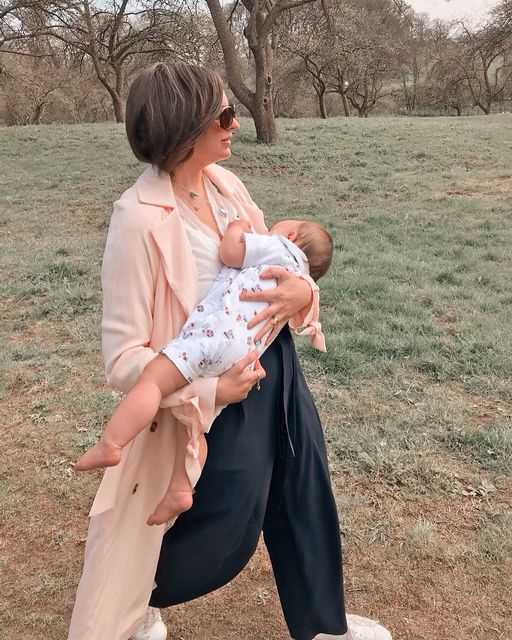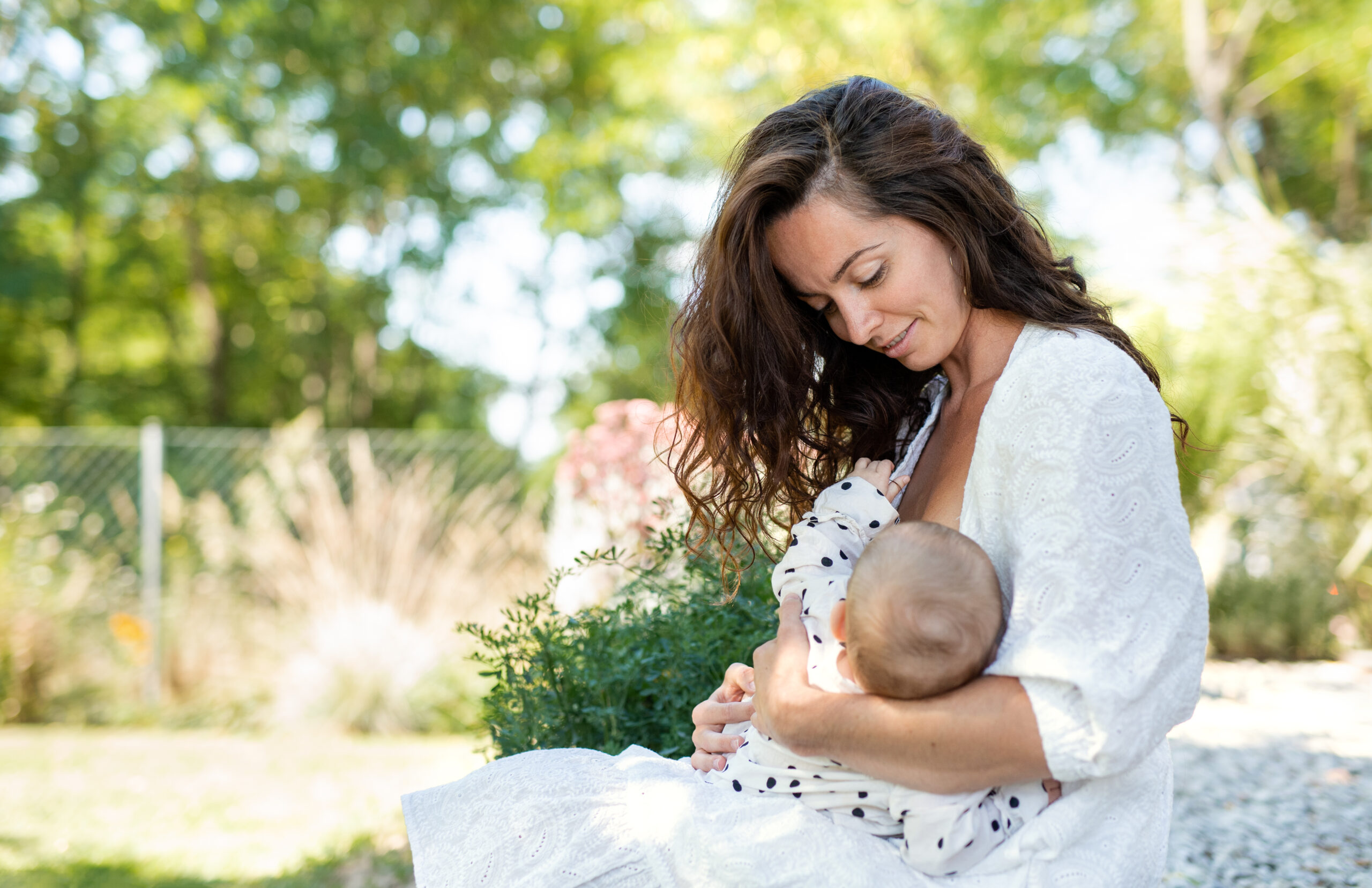I have seen a lot of people talking about the Snoo online because in the US it just got FDA approval. However, there has been a lot of debate as to whether the Snoo is safe and its implications on breastfeeding / chestfeeding.
I therefore did a deep dive into the research to understand the concerns and whether they are valid or not and this is what I found. Just to be clear, I am not affiliated with the Happiest Baby company who produce the Snoo, nor is this is an ad. I’m not making money from this in any way. I also want to note that I have never purchased or used the Snoo, my analysis is based on my research.
What does the company claim?
The Happiest Baby company, the producers of the Snoo, claim that it “is the first and only medical device to receive the FDA’s special breakthrough designation for the bed’s potential to reduce SIDS/SUID by keeping sleeping babies secured on the back” and that it’s “like an extra set of hands … is sleep with gentle rocking and soothing”.
What did the FDA approve the Snoo for?
To be clear, prior to receiving this FDA marketing approval the Snoo could be marketed, they just couldn’t claim that it had been approved for any specific purpose. Now they can state that the Snoo has been approved “to facilitate a supine position (lying flat on the back) during sleep for infants up to six months of age who are not yet able to roll over consistently.” However, neither the Snoo, nor any other infant sleep system, can claim that they reduce the risks of SIDS (Sudden Infant Death Syndrome) / SUID (Sudden Unexplained Infant Death) as there just isn’t enough data to support such claims.
Any reference therefore to reducing this risk is purely speculation and not proven nor endorsed by the FDA. The best that can be said is that they don’t increase the risk and it is acknowledged that back-sleeping does lower the risks of SIDS and SUID.
What are the main concerns?
No one is disputing that it is safer to put babies to sleep on their backs, however there are several other issues at play. Firstly, babies are meant to wake frequently, it’s partly why sleeping on their back is protective against SIDS. Therefore a device which aims to keep babies asleep for longer is a concern.
This is linked to the second concern around the impact on breastfeeding / chestfeeding. The hormones which stimulate milk production are most active at night. That is why it is so important to feed responsively throughout the night, especially in the early weeks when you are establishing your milk supply. The more milk that is removed during these key hours, the better your supply will be. Few wakes means less breast / chest stimulation and potentially supply and growth issues.
The other concerns surround the potential impact on a baby’s development from swaddling and fastening your baby in place, including the potential to develop conditions like plagiocephaly and brachycephaly (flat-head syndrome).
What evidence does the company have?
I reached out to the Happiest Baby company to ask if they could provide any research that supported their claims about the Snoo. However, in their response they didn’t cite any independent research (nor their own research). Instead the response I received relied on anecdotal accounts, observations from private individuals and hospitals who use the Snoo.
What does the independent research say?
The Lullaby Trust’s Product Guide advise consumers to be wary of claims around helping babies to sleep for longer and reducing the risk of SIDS. They also don’t recommend using “sleep positioners” which they define as “any surface that straps or holds them in one position, whether that is on their back, front or side.”
Based on these points the Snoo does not conform to the Lullaby Trust’s guidelines as it meets the definition of a ‘sleep position’ as it straps the baby into position on their back. One of their key claims is that babies sleep for “1 to 2 more” per night as well as having the “potential to reduce SIDS/SUID”
The only study of the Snoo I could find was authored by Dr H Karp himself, the founder of the Happiest Baby company (0978 Snoo: A Wellness Device To Improve Infant Sleep, M Okun, H Karp, S Balasubramanian, Sleep, Volume 43). This is the study which found that babies slept for longer and averaged 1 less waking per night when using the Snoo.
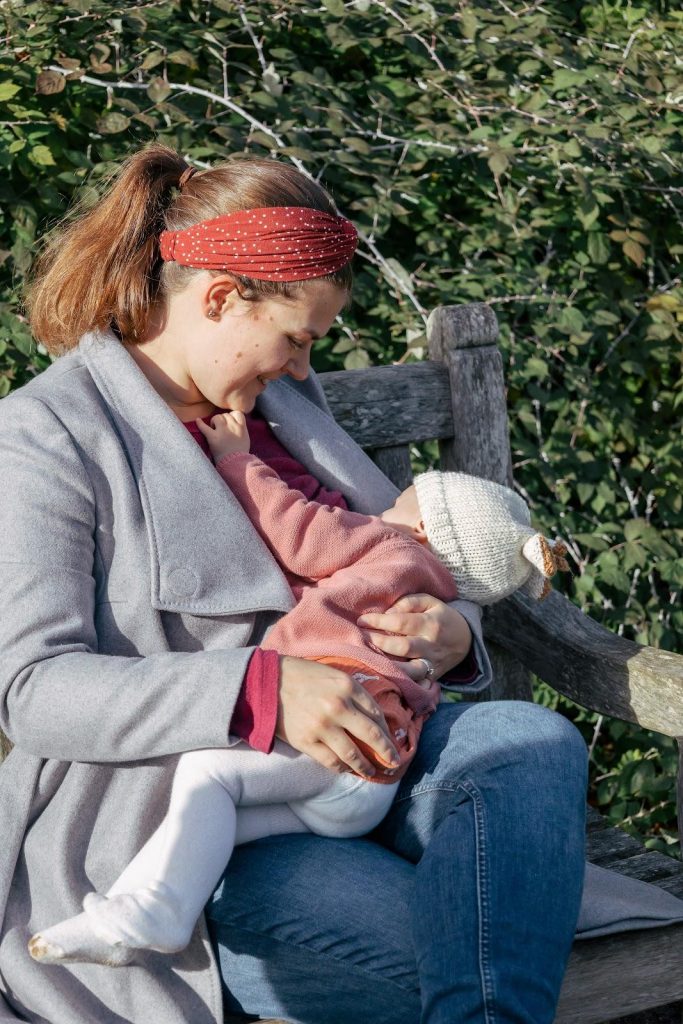
Babies are meant to feed and wake frequently.
A negative impact on breastfeeding/chestfeeding?
One of the key reasons back-sleeping is protective against SIDS / SUID is because babies typically wake more frequently when they do. The Snoo is trying to encourage babies to artificially sleep for longer than is biologically normal. This could also have a negative impact on breastfeeding / chestfeeding. As I noted above, feeding responsively throughout the day and especially during the night is the best way to establish and maintain a good milk supply.
Once your baby has regained their birth weight and your milk supply is established then it’s ok to let your baby sleep for longer, but the key here is that this is if they do so naturally. If you use the Snoo it’s possible that your baby will sleep for longer, feed less and this could potentially cause problems with weight gain and your milk supply. If you were to wake your baby to feed them then you wouldn’t be getting the benefit the Snoo promises. It’s just not in-keeping with responsive breastfeeding / chestfeeding.
Let’s critically assess the claims being made
It also concerns me that the feeding advice on their website, whether for breastfed / chestfed, combination-fed or formula-fed babies, is often not evidence-based. For any such advice please go to a qualified lactation specialist such as a trained Breastfeeding Counsellor or IBCLC. Especially, concern is the statement that bottle-fed babies need to be fed less than breastfed / chestfed babies, as this doesn’t follow responsive bottle-feeding advice. Babies are meant to feed and wake frequently.
As for the claims around babies being more likely to develop flat-head syndrome and that the Snoo inhibits the integration of the Moro reflex. I struggled to find any evidence other than anecdotal claims either in support of, or refuting these claims. Flat-head syndrome did increase after the introduction of the recommendation to sleep babies on their back, however I couldn’t find anything to suggest the Snoo was worse than any other cot. The Lullaby Trust recommends “Allowing your baby plenty of supervised tummy time when awake is a way you can help to avoid or lessen the effect of flat-head syndrome”.
One thing that the Lullaby Trust does recommend is other safe sleep options during the day that can lessen flat-head syndrome by providing different sleeping positions, such as using slings.
It’s important to critically assess the claims being made by the company as a lot of their claims around safety involve comparing the Snoo to unsafe sleep practices e.g. unsafe bed-sharing. But by that standard any cot is safer than unsafe sleep practices. So when looking at these claims, please make sure you assess whether the Snoo is the right cot and whether it is actually any better than another brand.
Getting more sleep
One of the key aims of the Snoo is to help parents get more sleep (by sleep training babies). I’m not going to get into the sleep training debate here. I know first-hand how hard sleep deprivation can be on new parents and the impact it can have on their mental health. However there are alternatives to the Snoo to get more sleep, such as; Holistic Sleep Coaching, developed by Lyndsey Hookway; bed-sharing; getting support from a partner, family or friends; qualified lactation support; hiring help e.g. a cleaner/
I know that not all of these options are available to everyone, but they are certainly cheaper than the Snoo (which comes with a hefty £1,195 price tag).
The key concern here is that the Snoo’s intention is to get a baby to sleep for longer than is biologically normal for their age and reduce the amount a parent responds to their baby. If you are comfortable that the Snoo is affordable and you think, based on your assessment, that it will help you get more sleep while still being responsive, then great. But I do encourage you to look into the alternatives I’ve mentioned above before making your decision.
The key concern here is that the Snoo’s intention is to get a baby to sleep for longer than is biologically normal for their age
Conclusion
My biggest issue with the Happiest Baby company is that so many of their claims are based on inaccurate information that isn’t evidence-based. I’m just not sure whether I trust a company that is founded on misinformation with the safety of my baby.
I am absolutely not disputing the fact that sleep deprivation is not only hard but a key contributing factor to mental health struggles such as postpartum depression and anxiety. What I am saying is that the Snoo is not the solution. In fact, the potential negative impact on breastfeeding / chestfeeding is a significant concern as ending a feeding journey early can be a major contributor to these same mental health struggles.
I hope I’ve given you enough information to help you understand the concerns and the evidence / research (as far as there is any) to come to an informed decision.
For more detail and all of the links to the evidence cited, read the full article here.
The views and opinions expressed are those of the author and are not upheld in any way by Boobingit. Boobingit is not responsible for any outdated or factual inaccuracies which may appear.







